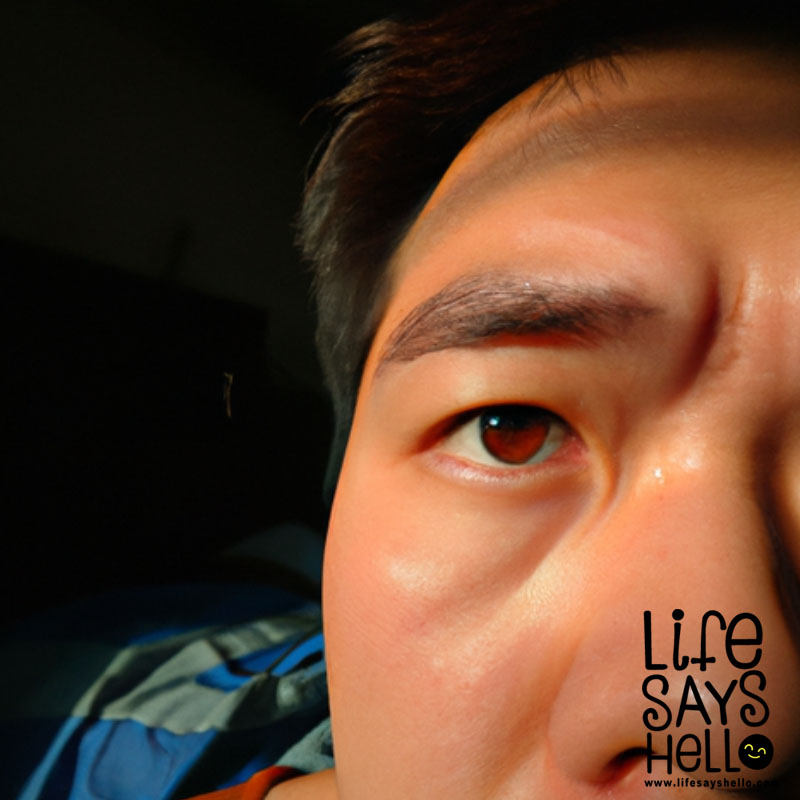The Hidden Dangers of Oversleeping: Why Too Much Sleep Could Be Bad for Your Health

Do you love crawling under the covers on your days off and sleeping in late? While the occasional lie-in can feel rejuvenating, regularly oversleeping could be putting your health at risk. Keep reading to learn why too much sleep may be bad for you.
We often hear about the importance of getting enough shut-eye. Experts recommend adults get between 7 and 9 hours of sleep per night for optimal health and wellbeing. However, many of us love pressing snooze and lounging in bed on our days off. While the occasional sleep-in feels nice, consistently oversleeping could negatively impact your health.
How Much Sleep Do We Need?
Before diving into why too much sleep is unhealthy, let’s review how much rest we really need. The recommended hours of sleep for adults according to health organizations like the Mayo Clinic, National Sleep Foundation, and Centers for Disease Control (CDC) is 7 to 9 hours per night. However, your specific needs may vary based on factors like:
Age - Infants, young kids, and teenagers need more sleep than adults to support growth and development. Older adults may need slightly less.
Lifestyle - Active people or those with physically demanding jobs may require more sleep.
Overall health - Underlying conditions, medications, and poor habits can all impact sleep needs.
While adults should aim for 7 to 9 hours, consistently getting too little or too much sleep can cause problems. So what constitutes oversleeping?
What’s Considered Too Much Sleep?
Oversleeping is somewhat subjective as needs vary. However, regularly sleeping over 9 hours per night as an adult could be considered excessive. Teenagers need 9-10 hours, but their needs decrease as they become adults. Sleeping more than 9 hours consistently past young adulthood is likely too much.
Certain groups like growing kids, pregnant women, and people healing from illness may temporarily need extra sleep. But if you find yourself needing way more than 9 hours as a generally healthy adult, oversleeping could be an issue.
Health Risks of Oversleeping
Getting too much shut-eye on a frequent basis can negatively impact your health in multiple ways:
1. Increased Risk of Chronic Diseases
Sleeping too long raises your risk of developing chronic conditions like:
- Heart disease
- Diabetes
- Obesity
- Anxiety
According to an American Journal of Epidemiology study, sleeping more than 8 hours at night consistently was linked to higher rates of heart disease and stroke in older adults. Researchers found a connection between oversleeping and factors like body mass index (BMI), blood pressure, and cholesterol levels.
2. Higher Risk of Earlier Death
Multiple studies have found that people who regularly sleep longer than 9 hours a night have significantly higher death rates. A 2002 study published in the Archives of General Psychiatry followed over 1 million adults for 6 years. Participants who slept 9 or more hours nightly had a higher mortality risk.
While the exact reasons are unclear, researchers speculate long sleep duration could reflect underlying health conditions. However, even after adjusting for confounding factors, the association remained.
3. Daytime Sleepiness
Oversleeping can cause excessive daytime sleepiness. You may find yourself fatigued, low on energy, or constantly needing naps. Daytime drowsiness can hamper your productivity and quality of life. Struggling to stay awake inhibits your ability to focus at work or school. It also makes it tough to exercise or participate in hobbies you enjoy.
4. Possible Sign of Health Problem
Consistently sleeping longer than 9 hours could indicate an underlying condition. For example, disorders like sleep apnea cause frequent awakenings that can make you feel tired and sleep longer. Depression, thyroid issues, and other problems can also lead to excessive sleepiness.
If you suspect a health condition is causing you to oversleep, it's important to see your doctor. They can evaluate your sleep habits and check for any issues that may be contributing to excess fatigue. Oversleeping may be the first red flag signaling a larger problem.
Tips for Getting the Right Amount of Sleep
Aim to get 7-9 hours of quality sleep each night. Here are some tips to improve your sleep habits:
Stick to a schedule - Try to go to bed and wake up at the same time daily, even on weekends. This regulates your body clock.
Limit naps - While short power naps can help, long or late naps can make oversleeping worse.
Exercise regularly - Physical activity helps regulate sleep-wake cycles.
Limit evening screen time - Light from devices can disrupt your circadian rhythms.
Avoid caffeine, alcohol, and heavy meals before bed - These can worsen sleep quality.
Optimize your sleep environment - Keep your room cool, dark, and quiet. Consider blackout curtains or a white noise machine.
Talk to your doctor - If lifestyle changes don't help, discuss your sleep habits with your healthcare provider.
The Takeaway
While the occasional sleep-in can feel indulgent, oversleeping regularly could negatively impact your health. Adults should aim for 7-9 hours per night. Listen to your body and notice any fatigue, low energy, or other issues that may result from excessive sleep. See your doctor if lifestyle changes don’t help optimize your sleep. Prioritizing healthy rest is crucial, but too much of a good thing could be problematic.




Comments